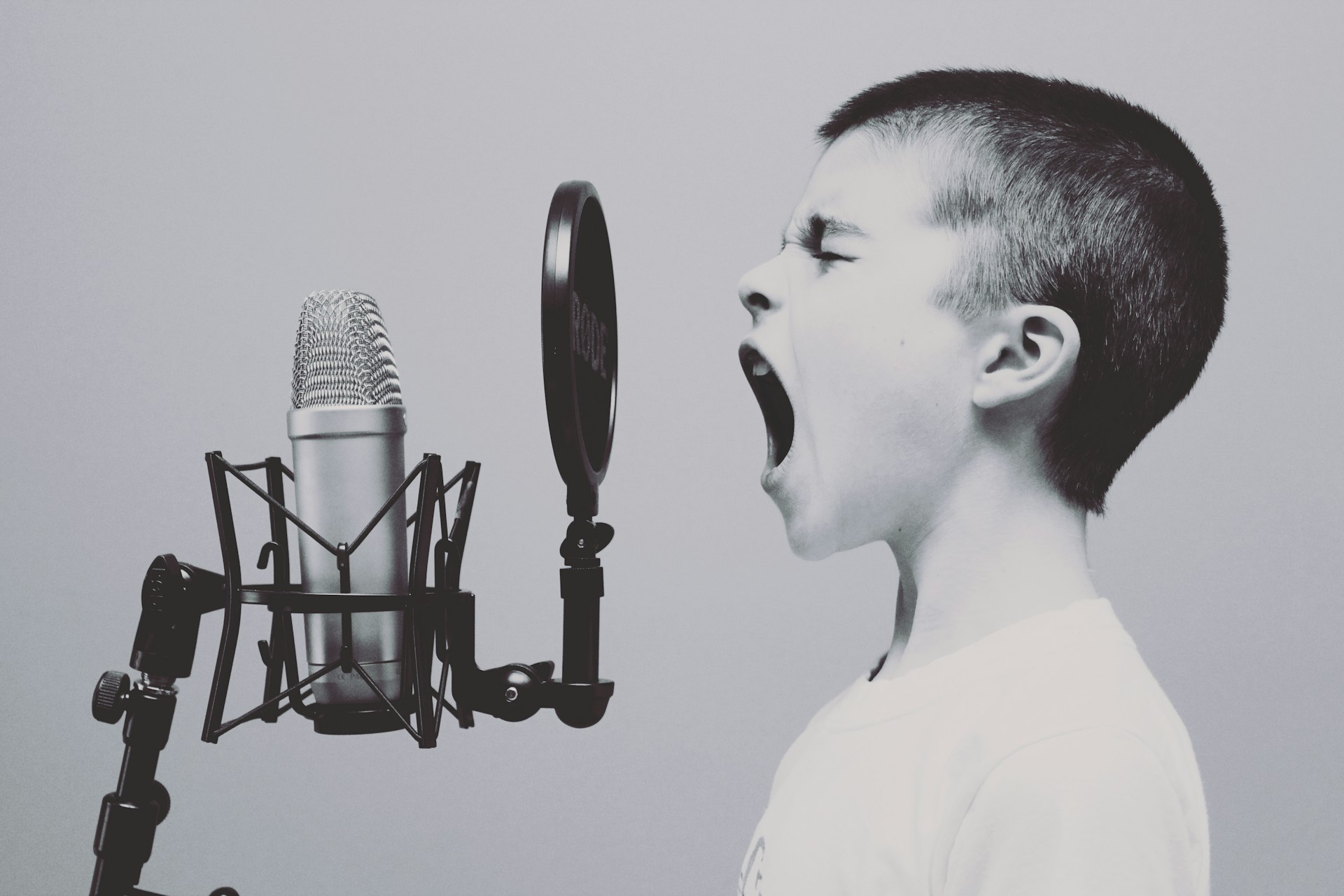
Speech Delay in children
What every parent should know
Dr Praful Gowda
3 min read
What Is Speech Development?
Speech development is how your child learns to use sounds, words, and sentences to communicate with others. It’s one part of communication—along with language understanding and social interaction.
Babies don’t start with words. They begin with sounds, then babbling, single words, and finally short phrases and full sentences.
Speech is not just about “talking”—it’s how children express needs, share ideas, and connect emotionally with others.
What’s the Difference Between Speech and Language?
Understanding the terms helps you know what to watch for.
Speech: Making sounds correctly—articulation, voice, fluency (e.g., “ba-ba”, “mama”).
Language: Understanding and using words, following instructions, forming sentences.
A child may:
Have speech delay (knows what they want but can’t say it clearly),
Have language delay (doesn’t understand or use many words),
Or have both.
What Is a Speech Delay?
A speech delay means your child is not using spoken words or sounds the way most children their age do. This includes:
Late babbling
Not saying words on time
Speaking fewer words than expected
Unclear speech for age
Speech delays can range from mild (late talker) to more complex conditions that need therapy.
Typical Speech Milestones
Here’s what to expect as your child’s speech develops:
6 months - Babbles (“ba”, “ga”)
9 months - Imitates sounds, uses varied babble
12 months -Says 1–2 simple words (“mama”, “dada”)
18 months - Uses 6–10 meaningful words
2 years - Uses 2-word phrases (“more juice”), says ~50 words
3 years - Speaks in 3–4 word sentences, speech 50–75% clear to strangers
4 years - Tells simple stories, asks questions, 90% understandable
5 years - Talks fluently, uses grammar correctly, clear speech
Red Flags for Speech Delay
By 12 Months:
No babbling or varied sounds
Doesn’t respond to name
Doesn’t use gestures like waving or pointing
By 18 Months:
Doesn’t say at least 6–10 words
Doesn’t imitate words or sounds
Doesn’t point to objects when named
By 2 Years:
Doesn’t combine two words
Speech is mostly unclear even to family
Doesn’t follow simple commands
By 3 Years:
Says fewer than 200 words
Sentences are unclear to strangers
Repeats same phrases (echolalia) or uses very few words
At Any Age:
Sudden loss of speech or social interaction
Frustration or tantrums due to inability to communicate
What Can Cause Speech Delay?
Speech delay can have many causes:
Hearing loss (especially after ear infections)
Autism spectrum disorder
Oral motor issues (e.g., tongue tie, apraxia)
Developmental delay or global delay
Environmental factors (less interaction, screen overuse)
Neurological or genetic conditions
Sometimes, no clear cause is found—but help is still effective.
When Should You Be Concerned?
You should consult your pediatrician if:
Your 1-year-old doesn’t babble or respond to sounds
Your 2-year-old doesn’t say at least 50 words or combine them
Your 3-year-old is hard to understand by strangers
Your child is losing words or interaction they previously had.
Delays noticed before age 3 often respond well to early therapy. Don’t wait to “see if it improves.”
Who Should You Talk To?
Pediatrician – for screening and referrals
Speech-Language Therapist (SLT) – for detailed evaluation and therapy
Audiologist – to rule out hearing issues
Developmental Pediatrician – if delays involve social or learning issues
ENT specialist – for chronic ear infections or structural concerns
What Can You Do as a Parent?
You play a powerful role in your child’s communication development:
Talk all day—name objects, describe what you’re doing
Read books daily—even simple picture books
Avoid baby talk—use real words and full sentences
Limit screen time—replace it with real interaction
Use gestures and facial expressions along with words
Wait and listen—give your child time to respond
Even if your child doesn’t talk yet, they are learning through interaction.
Will My Child Catch Up?
Some children are late talkers and catch up by age 3
Others may need speech therapy for a few months to years
Early intervention gives the best results—even if your child “might” catch up
It’s always better to act early than to wait and miss a crucial window of development.
Key Takeaways for Parents
Don’t compare your child only to others—know the milestones
If your child isn’t talking much by 18–24 months, don’t delay getting help
A speech delay doesn’t always mean a serious condition—but it should be addressed early
Therapy is effective, especially before age 3
You are your child’s most important communication partner
Free Download
Speech Milestone Checklist (0–5 Years)
Related Articles
How to Boost Speech at Home →
Speech Therapy: What to Expect →
Speech Delay or Autism? Key Differences →
